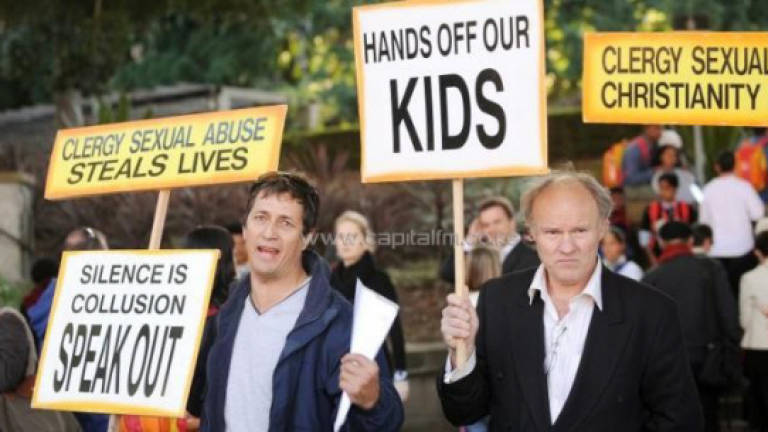Trauma counselling a must for child victims of sexual abuse

PETALING JAYA: In the wake of the case involving British paedophile Richard Huckle who molested 22 children in Malaysia, authorities are working towards identifying his victims to provide counselling.
A psychologist and criminologist from the forensic science programme at Universiti Sains Malaysia (USM), Dr Geshina Mat Saat, said trauma counselling sessions would help victims of sexual abuse reduce incidents of flashbacks and adverse reactions in order to address unresolved fears.
"Without appropriate trauma counselling, it is very likely that the child's current and future emotional, familial and social ties are going to be badly affected," she told theSun.
"The child needs time and a lot of support to come to terms with the victimisation and overcome it," she said, adding that this is done via phobia management, fear management, and learning emotion-based and action-based coping skills.
Action-based coping involves actually dealing with the problem that is causing stress by seeking help or practising self-control and restraint.
"Emotion-based coping skills are more internal, like denial, repression or distraction. The victim may try to divert attention from their sadness by involving themselves in other activities," she explained.
According to Dr Geshina, practitioners advocate an eclectic mix of techniques and methods to help children combat their fears, which includes play therapy, art therapy, sand therapy, dance therapy and cognitive behavioural therapy.
In Malaysia, the most commonly used is play therapy, specifically theater-based ones, which has been utilised by the Women, Family and Community Development Ministry for the past five or six years.
In preparation, trauma counselors also need to conduct a thorough check to determine if parental involvement in counselling sessions would aid in trauma recovery, she said.
She cited examples of cases where parents were already aware of the sexual abuse but chose not to believe in the child, allowed the abuse to continue, or had punished the child for their involvement in the abuse.
"Some parents or guardians may deny and reject what the child shares during these sessions or is not supportive of the child's efforts at home in completing counselling assignments," she said.
She also cautioned against completing counselling as a short-term effort because the outcomes of trauma may be experienced years after the incident as the child enters different phases of psycho-social development.